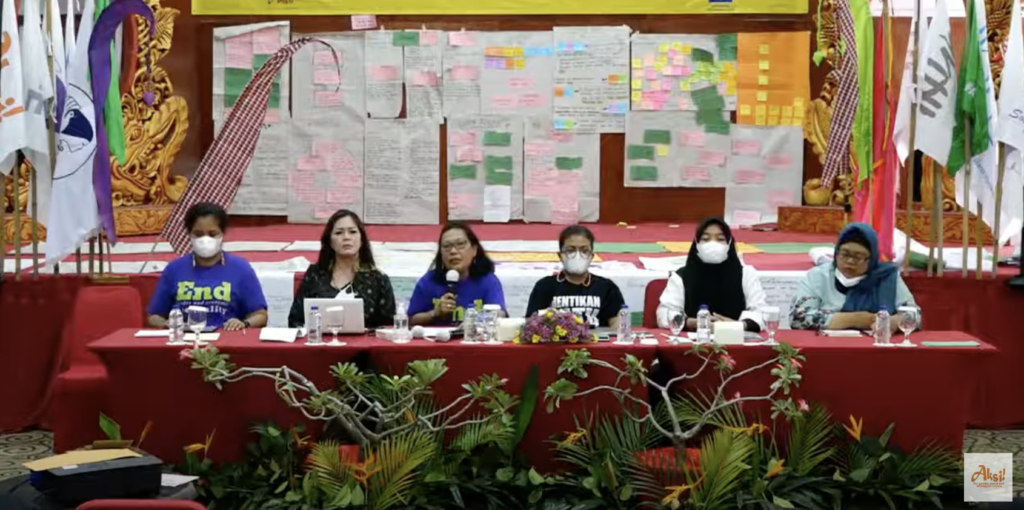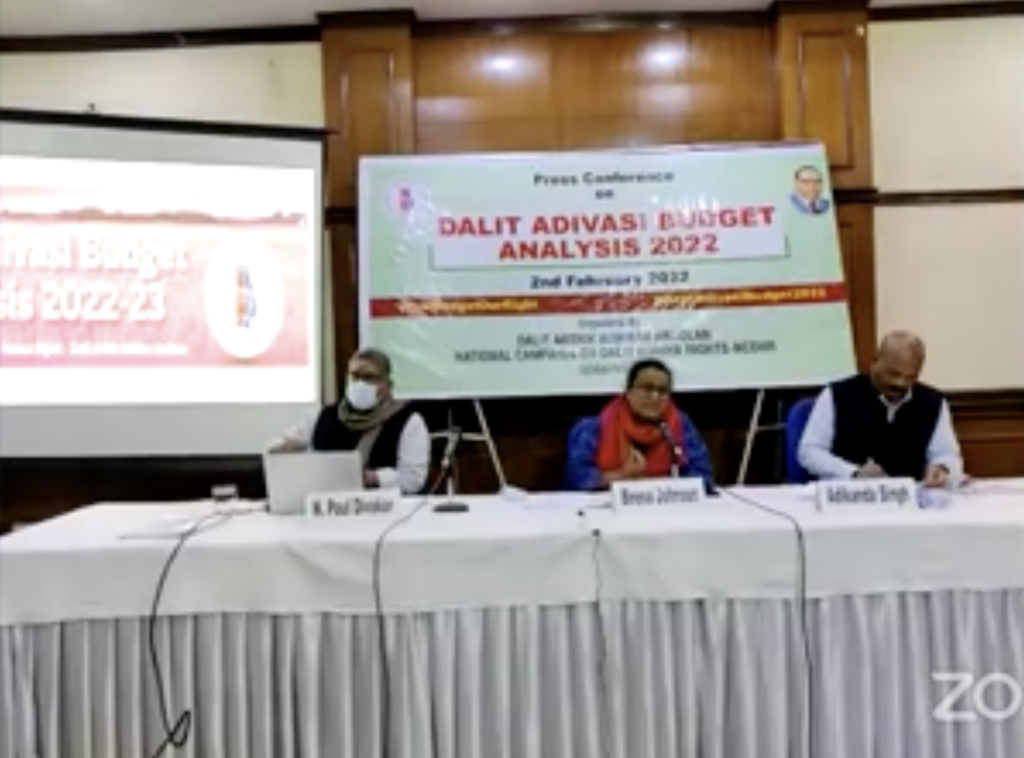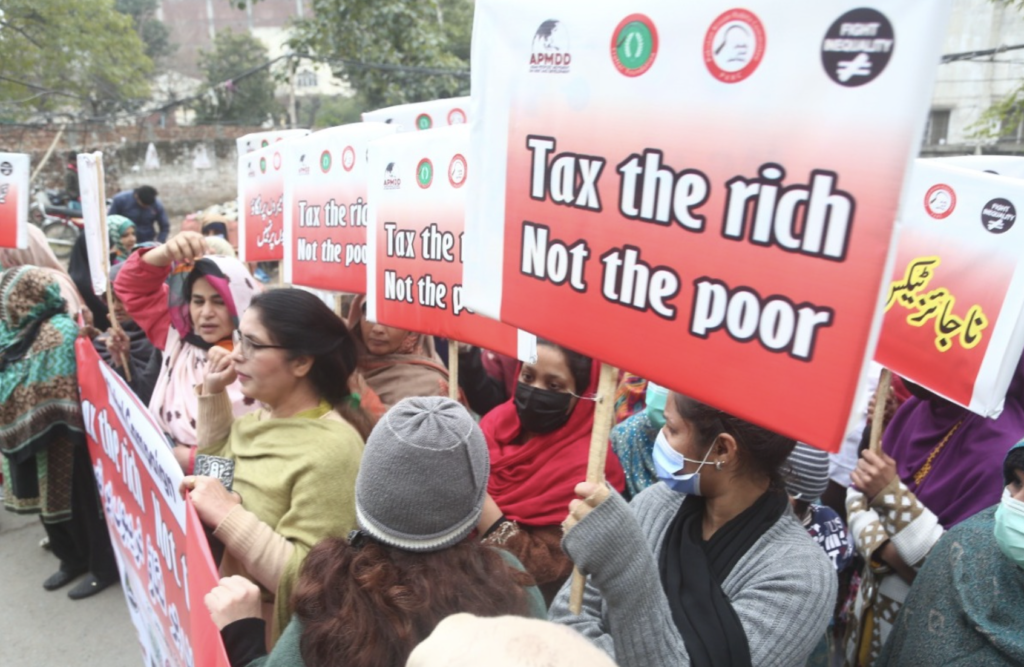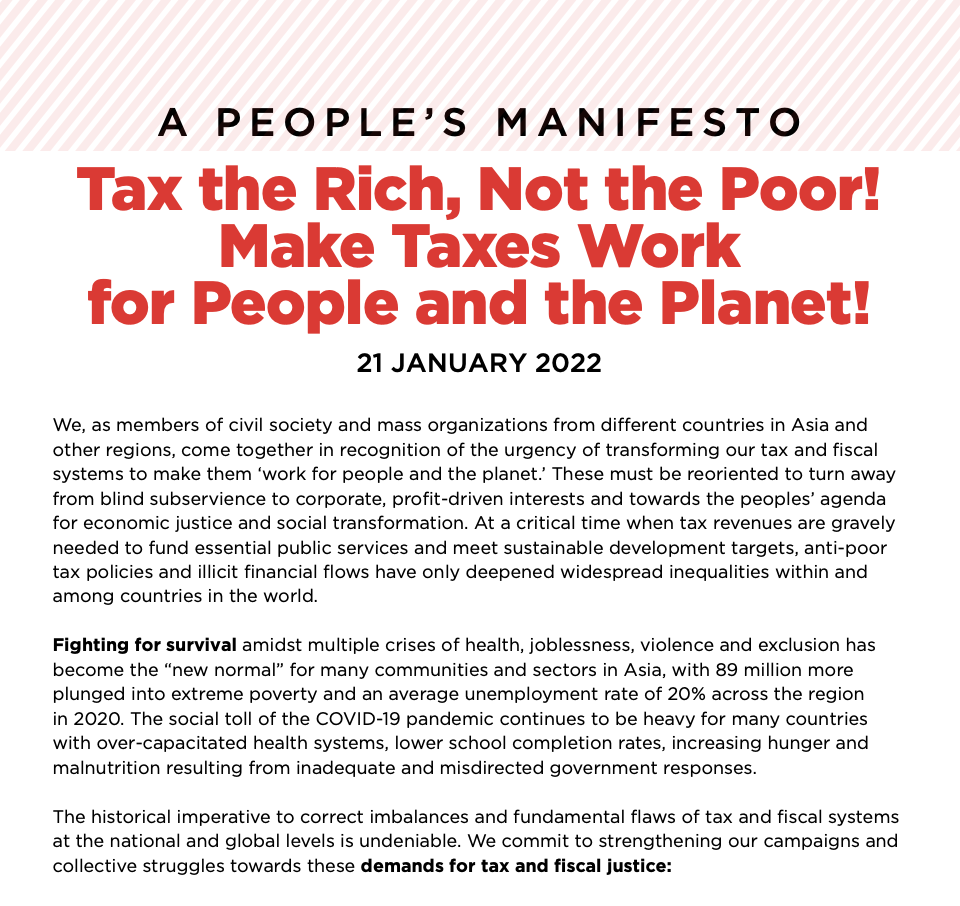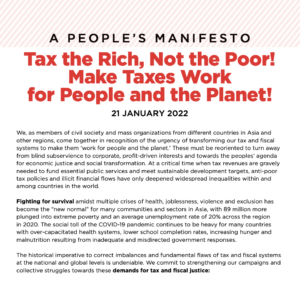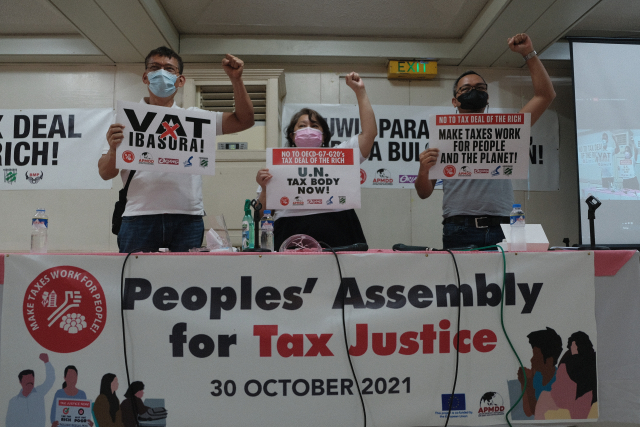Pada Hari Perempuan Internasional, 8 Maret 2022, Organisasi Aksi! untuk Keadilan Gender, Sosial dan Ekologi menuntut penghentikan proyek pembangunan dan iklim yang merusak lingkungan.
Dalam pernyataan bersama 22 organisasi dan perempuan komunitas dari 10 daerah di Indonesia, sejumlah tuntutan mereka yang disampaikan dalam jumpa pers di Bali adalah pertama, menuntut negara untuk menghentikan program dan atau proyek-proyek pembangunan yang melanggar Hak Asasi Manusia dan hak asasi perempuan, merusak lingkungan hidup, dan mengeksploitasi sumber daya alam yang menggusur sumber kehidupan dan memiskinkan perempuan.
Kedua, mencabut UU Cipta Kerja (Omnibus Law) yang mempermudah negara dan atau perusahaan untuk melakukan perampasan lahan, pengerusakan lingkungan dan eksploitasi sumberdaya alam. Selain itu mengancam hidup dan sumber kehidupan perempuan, termasuk meningkatkan kriminalisasi bagi perempuan pembela HAM dan lingkungan.
Ketiga, menghentikan proyek-proyek respon perubahan iklim yang mengabaikan hak asasi manusia, mendahulukan proyek-proyek yang keberlanjutan lingkungan hidup, responsif gender, dan berpihak pada perempuan.
Keempat, menjamin pelibatan penuh perempuan dengan ragam identitas, di dalam setiap tahapan proses pengambilan kebijakan maupun persetujuan terhadap proyek atau program pembangunan.
Kelima, membahas dan mengesahkan RUU Perlindungan Pembela HAM, serta menghentikan segala tindakan ancaman dan kriminalisasi terhadap perempuan pembela HAM dan lingkungan.
Keenam, menjamin perlindungan ekonomi perempuan, termasuk perempuan pekerja informal, dengan menyediakan jaminan akses ketersediaan fasilitas, akses izin usaha bagi perempuan miskin, dan akses modal dan pasar untuk memperkuat ekonomi perempuan.


